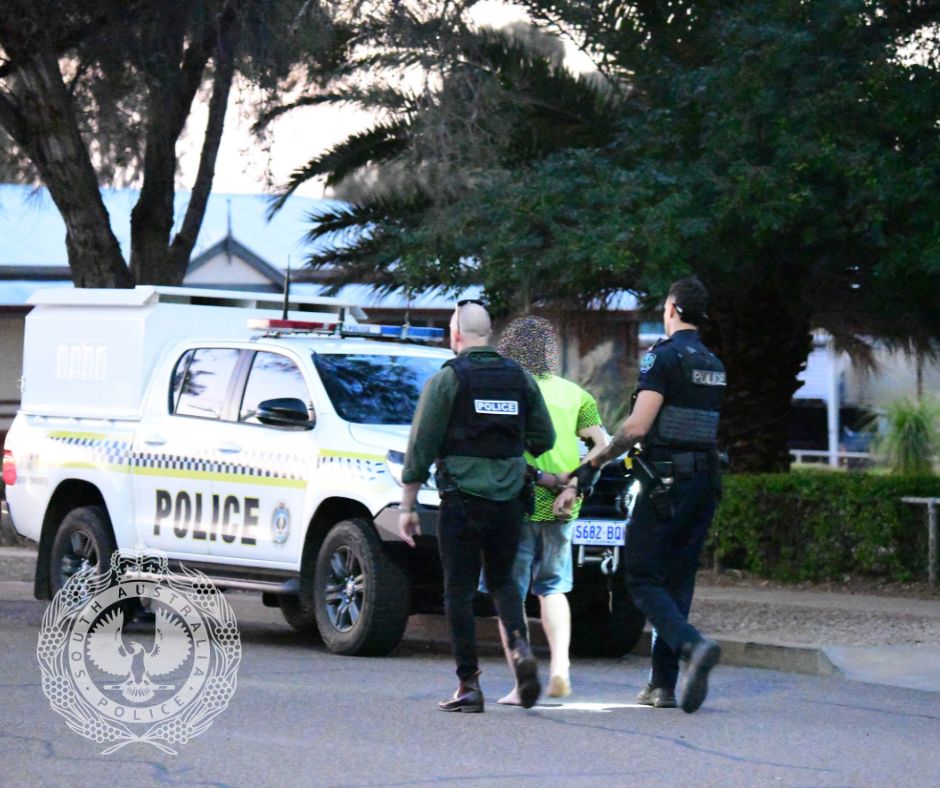Scientific and legal experts, community groups and the Australia Institute have slammed the major parties continued support for the industry, announced yesterday and today.
A public forum to discuss the future of salmon farming in Tasmania is being held in Ulverstone tomorrow, Saturday 2 March. Panellists’ responses are quoted below.
Key points:
- The continued support for the salmon industry ignores the 3 in 4 (74%) who Tasmanians who support the Parliamentary Inquiry recommendation to move fish farms out of sheltered, inshore waters.
- Claims the salmon industry ’employs around 5,000 Tasmanians’ are incorrect. Australian Bureau of Statistics data finds salmon farming in Tasmania provides between 1,100 to 1,700 jobs, less than 1% of the state’s employment.Over 80% of these jobs are in Hobart and the Southeast, with just 11% of salmon industry jobs in the Macquarie Harbour area.
- Claims that stopping aquaculture on the West Coast would ‘force around 400 Tasmanians out of a job’ are also misleading. Census data for employment on Tasmania’s west coast shows that employment in the salmon industry is between 54-76 full time equivalent jobs. This equates to 2.5-3.6% of total employment in the area.
- The industry does not pay tax – in fact taxpayers continue to subsidise the industry despite commitments to fully cost recover.
- The major parties do not mention the endangered Maguean skate, teetering on the brink of extinction, nor the overwhelming scientific evidence of the environmental impacts of the industry.
- A federal government review of salmon farming in Macquarie Harbour is currently underway, based on new scientific evidence.
Eloise Carr, director, Australia Institute Tasmania:
“Salmon farming is a heavily subsidised industry, a tiny employer, does not pay tax, and causes massive damage to coastal waters. There is so little benefit in salmon farming for Tasmanians.
“Tasmanians want fish farms out of sheltered inshore waters. Nowhere is this more urgent than Macquarie Harbour. Whether for relocation, retraining, income insurance, or perhaps start-up funds for another industry in the area, support should be provided as it when businesses are forced to close for economic reasons.
“Taxpayers’ money should be used according to verifiable data, not industry spin. The salmon industry appears to be using discredited methods to exaggerate its economic importance but hasn’t made the analysis behind its distorted jobs claims public.
Louise Cherrie, independent environmental consultant and former member of the EPA Board and Marine Farming Review Panel:
“Regional jobs have been weaponised but they are not an excuse to pollute. Sustainable long-term jobs can be had onshore.
Peter George, President of Neighbours of Fish Farms:
“Argentina and Washington State have banned open-cage fish farms and Canada is in the process of doing the same. Our major political parties’ responses are disgusting. They are hoodwinking Tasmanians about what’s going on under the surface.”
Jess Holgersson, Senior Associate, Equity Generation Lawyers
“The federal government’s review of salmon farming in Mac Harbour should focus on new scientific evidence and is not required to take account of socio-economic impacts.”






